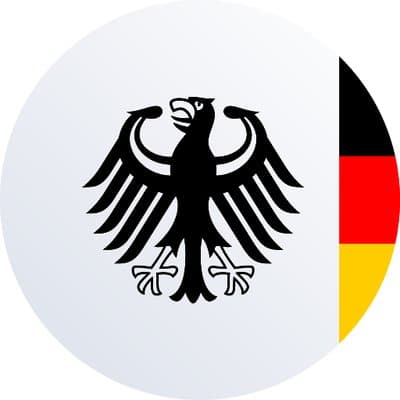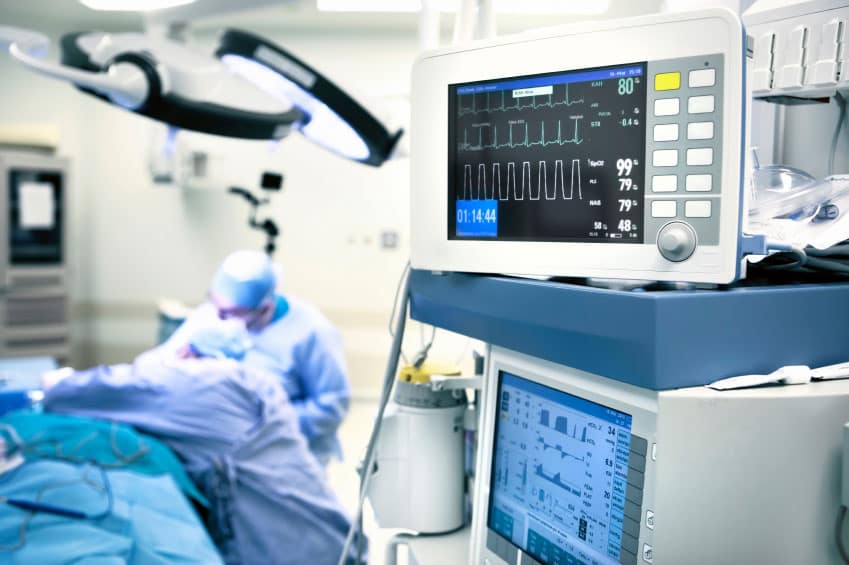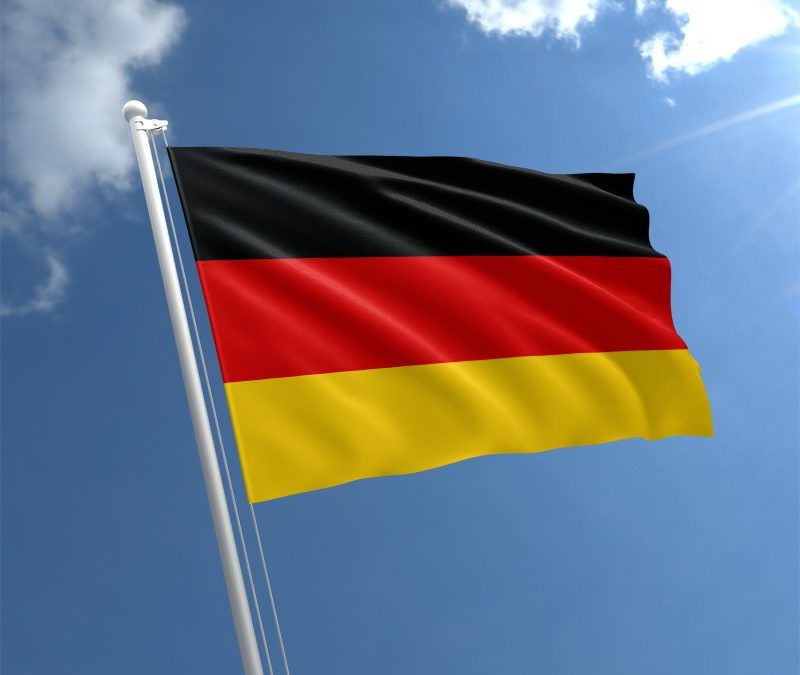Article updated May 30, 2025.
The Federal Institute for Drugs and Medical Devices (Bundesinstitut für Arzneimittel und Medizinprodukte) BfArM is Germany’s primary authority overseeing medical devices, aligning with EU regulations such as the Medical Device Regulation (MDR) and In Vitro Diagnostic Regulation (IVDR). BfArM is responsible for authorizing clinical investigations of high-risk or insufficiently substantiated medical devices. Applications must be submitted via the Medical Devices Information and Database System (DMIDS) portal, which streamlines the process and ensures data integrity. From January 2024, draft applications inactive for over six months are routinely deleted, prompting sponsors to manage their data proactively. BfArM has shortened approval times for mononational clinical trials to as little as 31 days through collaboration with German ethics committees.
Germany is also modernizing its clinical research landscape through the proposed Medical Research Act “Medizinforschungsgesetz” (MFG). This initiative introduces a federal ethics committee for complex trials, facilitates decentralized clinical trials (DCTs), enables electronic informed consent, and simplifies processes involving companion diagnostics (CDx). The reform also aims to standardize clinical trial agreements and improve coordination between regulatory bodies like BfArM and Paul-Ehrlich-Institut (PEI).
The tasks of the Bundesinstitut für Arzneimittel und Medizinprodukte (BfArM) in the area of medical devices result from the MDR, the Medical Devices Law Implementation Act “Medizinprodukterecht-Durchführungsgesetz” (MPDG), the Medical Devices Act, “Medizinproduktegesetz” (MPG) and the further implementing legal ordinances. Moreover, BfArM performs tasks from the Fifth Book of the German Social Code “Sozialgesetzbuch” (SGB V) in the area of digital health applications “Digitale Gesundheitsanwendungen” (DiGA).
The BfArM also operates the German Medical Devices Information and Database System (DMIDS), as a national portal for many notifications and applications in the field of medical devices, as well as a related interface to the European medical devices database EUDAMED, among others.

Medical Device Classification and registration guidelines
Device Classification:
Under the EU Medical Device Regulation (EU MDR 2017/745), medical devices are classified into four risk-based categories: Class I, IIa, IIb, and III, depending on their intended use and potential risks (Annex VIII, Article 51). If a manufacturer and notified body disagree on classification, the competent authority of the Member State where the manufacturer (or authorized representative) is based will resolve the issue, consulting other authorities if needed and notifying the Medical Device Coordination Group (MDCG) and the European Commission. The Commission may intervene to classify or reclassify devices based on new evidence or public health needs and can issue implementing acts for consistent interpretation across the EU.
Medical Device Classes & Examples:
- Class I (Low Risk): Devices with minimal potential harm to users. (e.g., stethoscopes) • Class IIa (Low to Medium Risk): Devices with a moderate risk, often short-term invasive. (e.g., Contact lenses)
- Class IIb (Medium to High Risk): Devices with higher risk or more invasive use, including long-term internal use. (e.g., ventilators)
- Class III (High Risk): Devices that pose the highest risk to patients, often sustaining or supporting life. (e.g., Pacemakers)
Medical Device Registration and Placement in Germany:
1. Determine the Device Classification: Use the rules to classify the device based on intended purpose and risk.
2. Appoint an Authorized Representative (if outside the EU): Non-Eu manufacturers must designate an EU Authorized representative (EC REP). An EU Authorized Representative (EC REP) is a person or company based in the European Union that is officially appointed by a non-EU medical device manufacturer to act on their behalf for regulatory matters related to the EU market. EU MDR 2017/745 Article 11: Describes the role, responsibilities and appointment of an Authorized Representative.
3. Implement a Quality Management System (QMS): A QMS, typically according to ISO 13485, is mandatory for all manufacturers (especially for Class Ⅱ a, Ⅱ b, Ⅲ).
4. Prepare Technical Documentation: Create full technical documentation proving safety and performance, including clinical data.
5. Conduct Conformity Assessment:
-Class Ⅱ a, Ⅱ b, Ⅲ: Need a notified body review.
-Class Ⅰ (non-sterile, non-measuring, non-reusable): Self-declaration.
6. CE Marking:
-Apply the CE mark after conformity is confirmed.
-If notified body involved, add their four-digit ID number.
7. Register Device and Manufacturer:
-Germany: Registration via BfArM and later EUDAMED (when fully functional).
8. Appoint a Person Responsible for Regulatory Compliance (PRRC): A PRRC must be appointed – must meet qualification criteria set by the MDR.
9. Establish Vigilance and Post-Market Surveillance System: Need a system to monitor device safety and report incidents to BfArM.
10. Place Device on the Market: After all requirements are fulfilled, the device can legally be sold in Germany.

Market overview
As of 2024, Germany maintains its position as Europe’s largest medical device market and ranks third globally, with an estimated market value of USD 42.88 billion. Projections indicate that by 2035, the market will expand to USD 90.54 billion, reflecting a compound annual growth rate (CAGR) of 7.03%.
In comparison, France’s medical device market was valued at USD 25.73 billion in 2024 and is expected to reach USD 54.32 billion by 2035, also exhibiting a CAGR of 7.03%. The United Kingdom’s market is projected to grow at a CAGR of 6.18% from 2025 to 2033.
Germany’s medical device sector is characterized by a robust presence of small and medium-sized enterprises (SMEs), which are instrumental in driving innovation and technological advancement. The market shows a strong demand for cutting-edge technologies, including diagnostic and therapeutic devices, as well as non-invasive or minimally invasive equipment.
Adherence to Germany’s stringent medical device regulations is crucial for market entry and success. Compliance ensures product safety and efficacy, thereby facilitating trust and acceptance among healthcare providers and patients.
About RegDesk
RegDesk is an AI-powered Regulatory Information Management System (RIMS) designed to simplify global compliance for medical device companies. With regulatory intelligence covering 120+ markets, RegDesk helps you prepare and publish global submissions, manage standards, conduct impact assessments, and stay ahead of regulatory changes all from a single, centralized platform. Expanding into new markets has never been easier.

